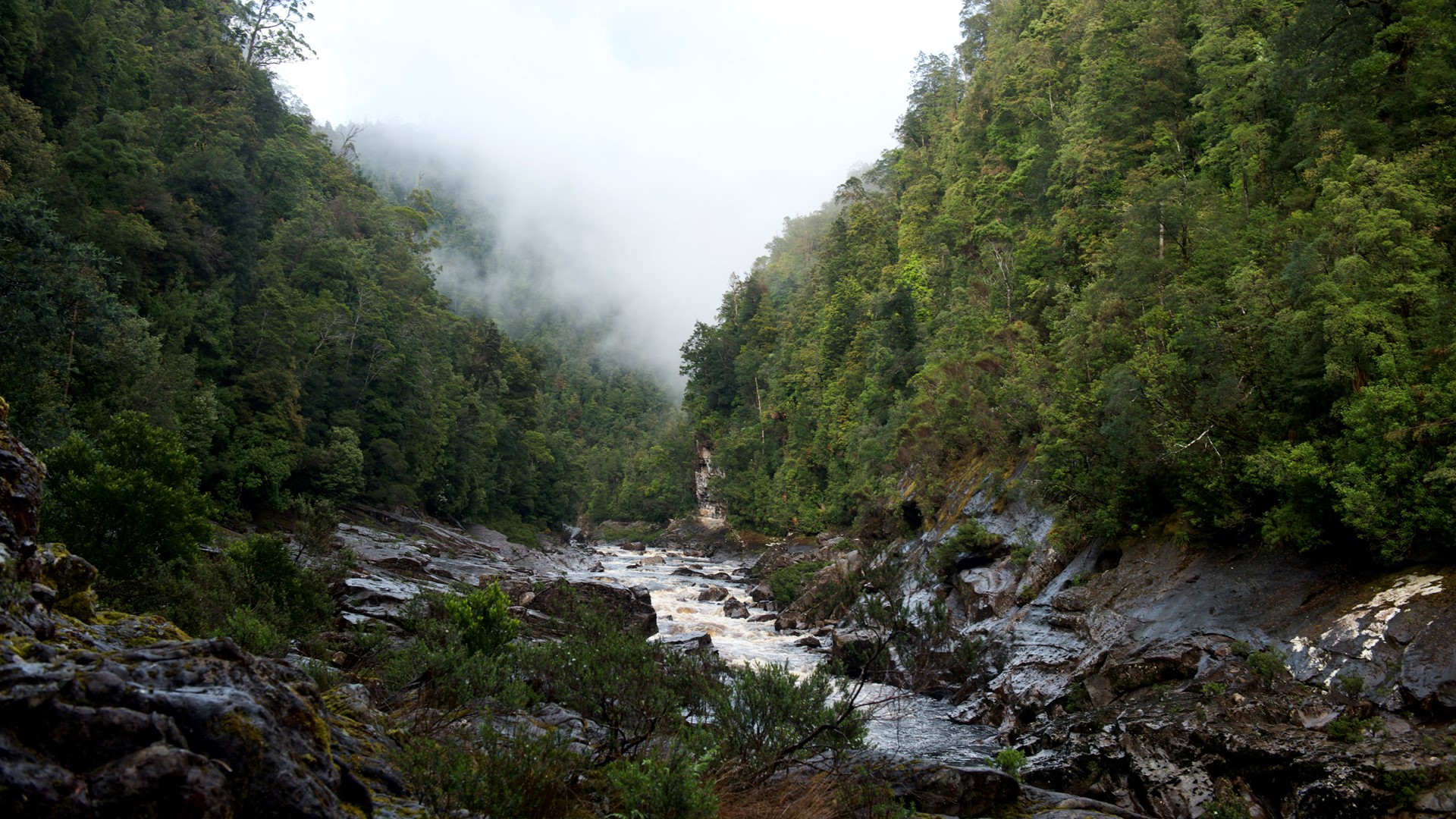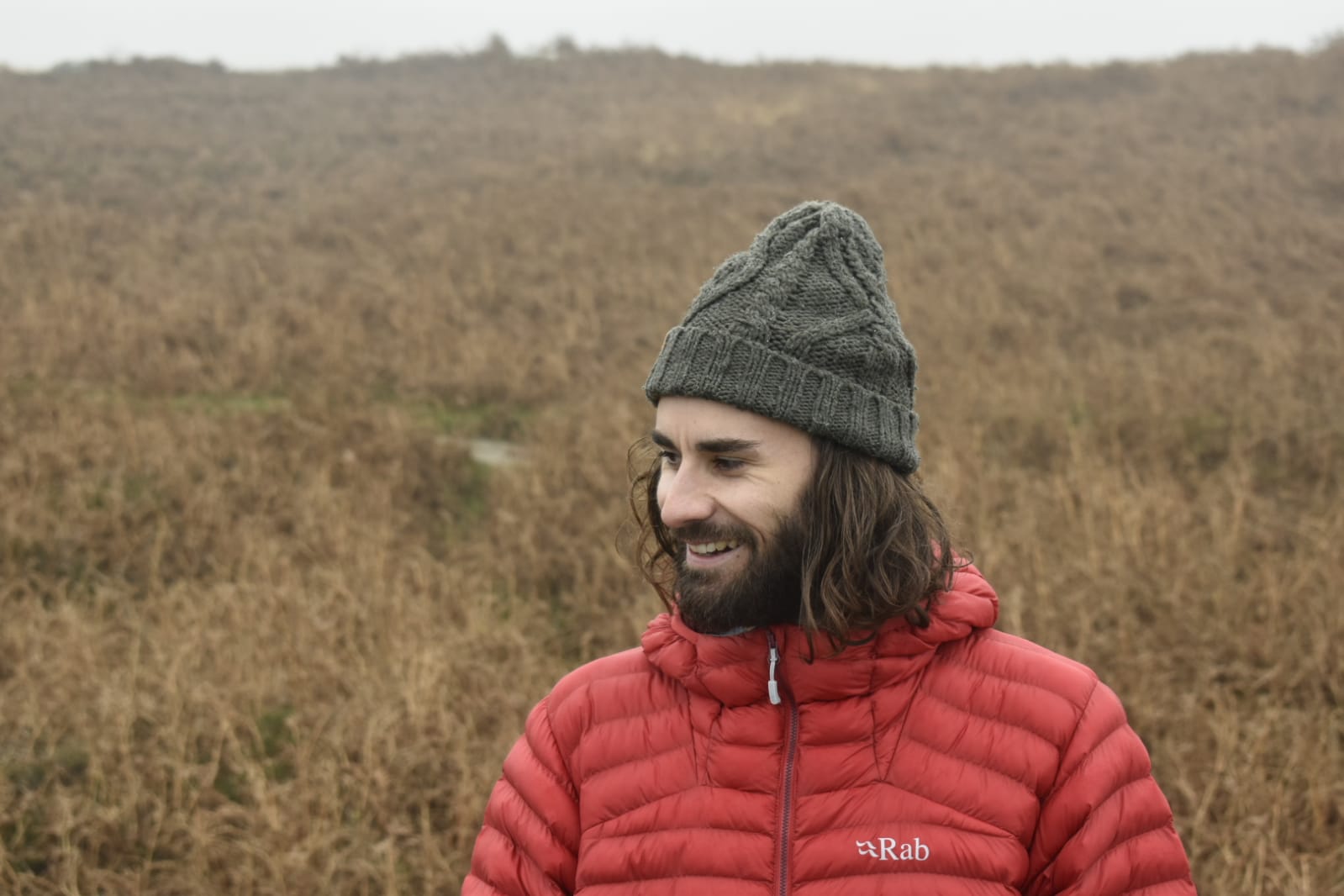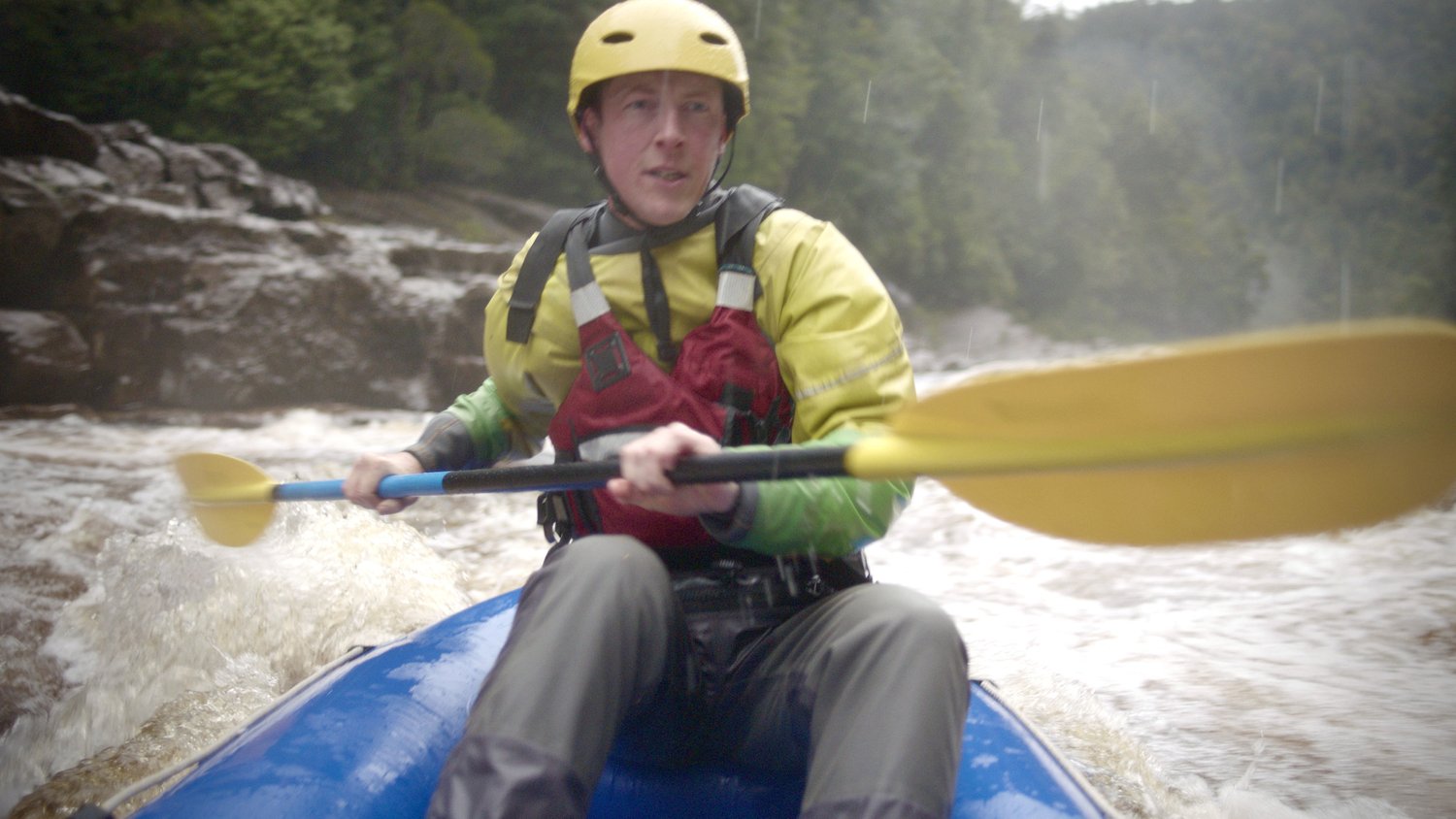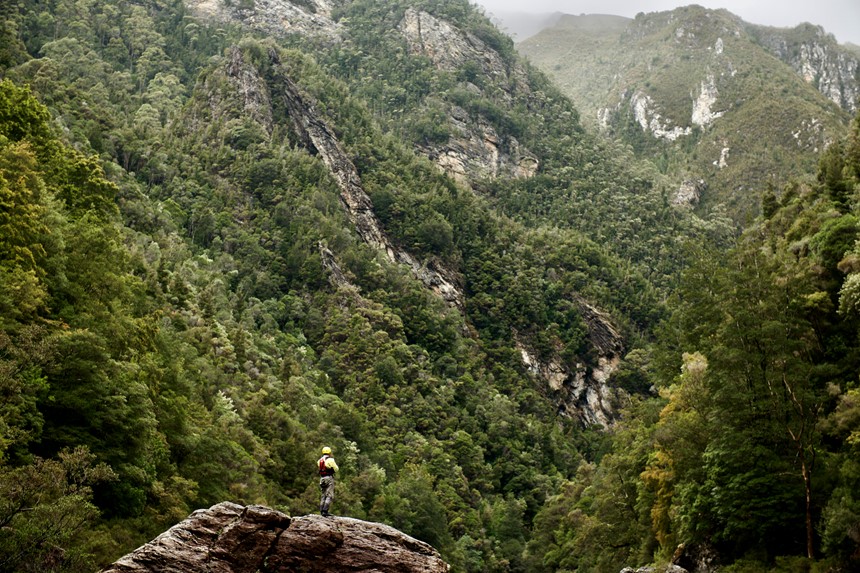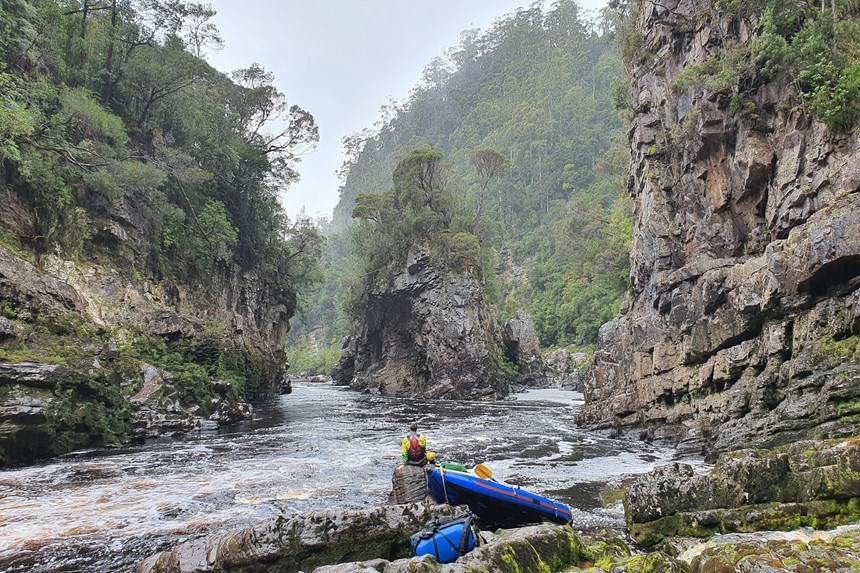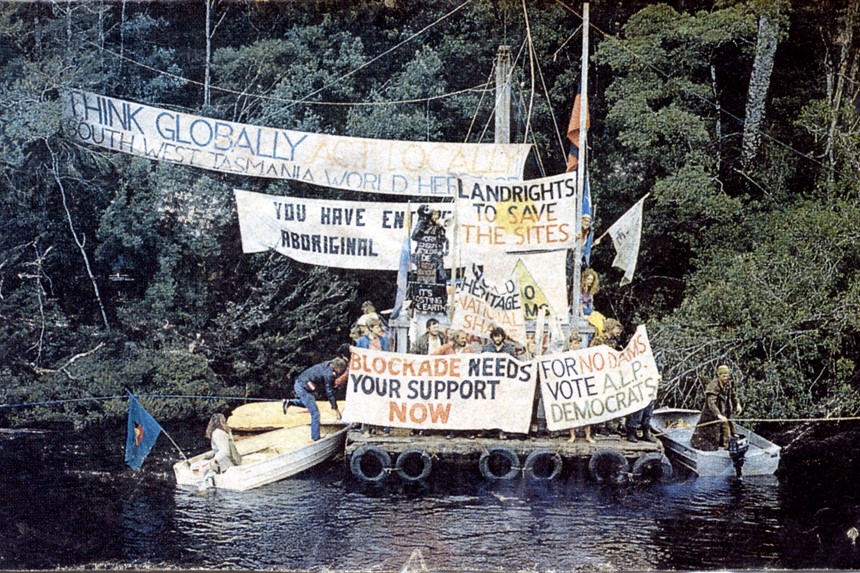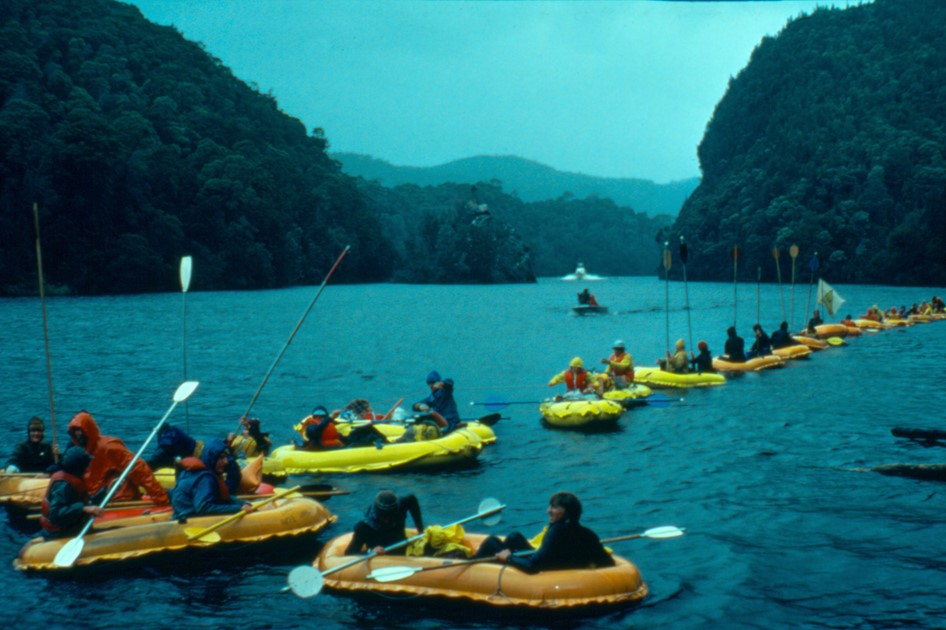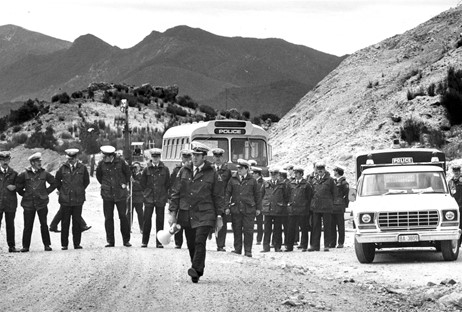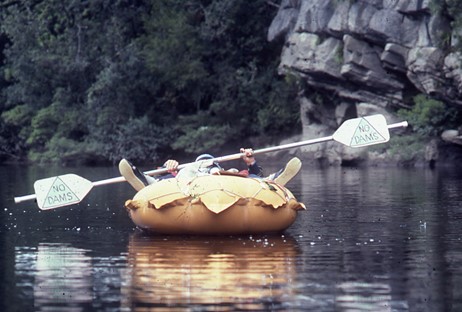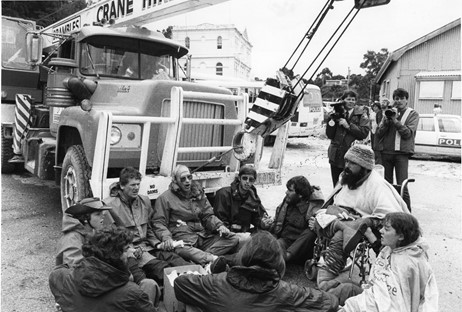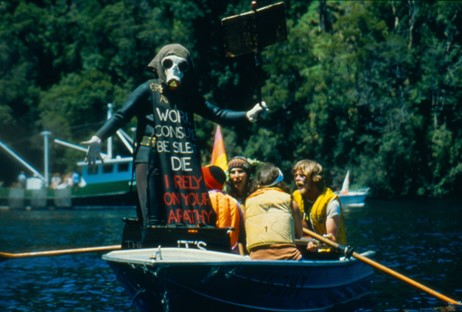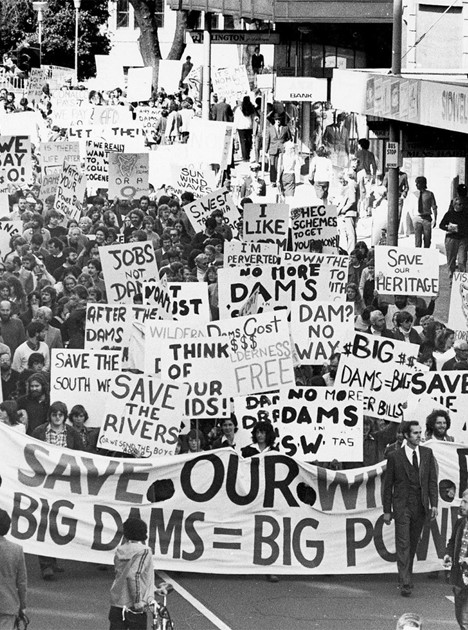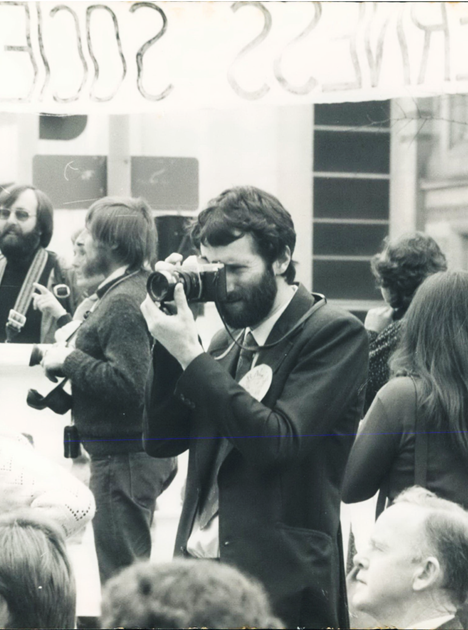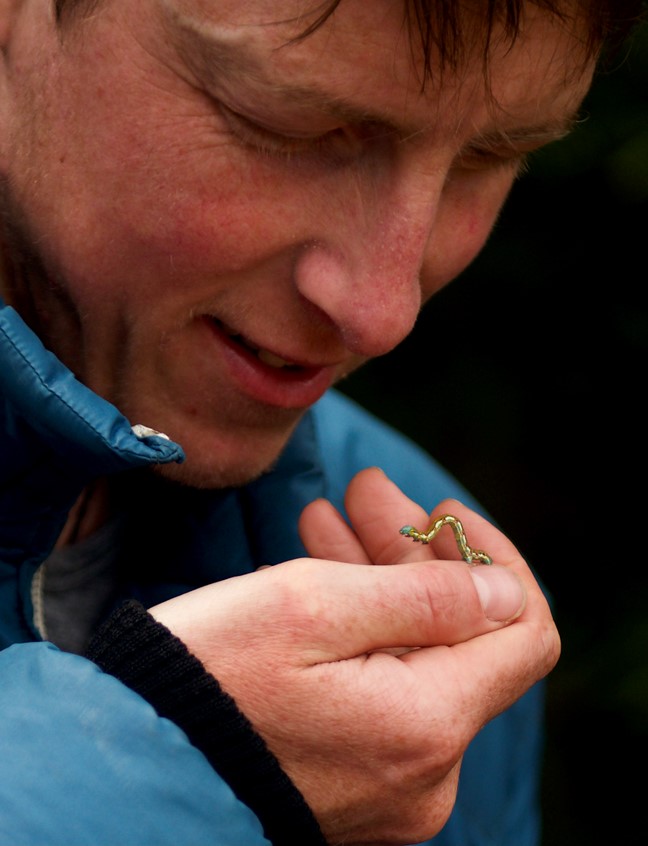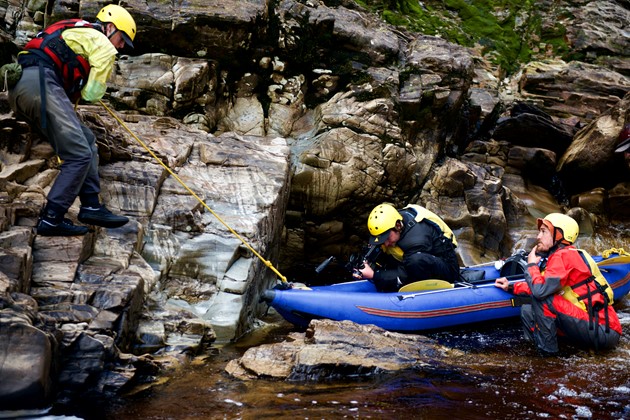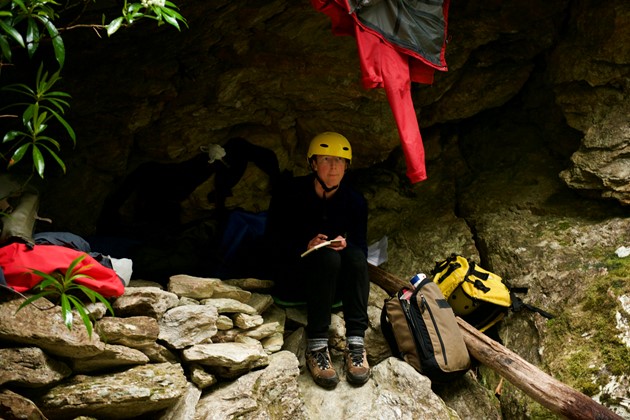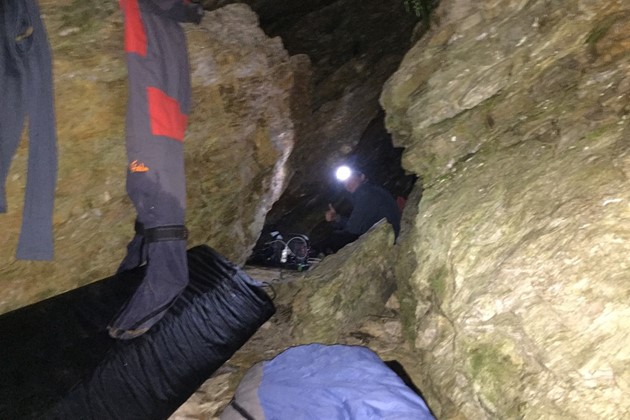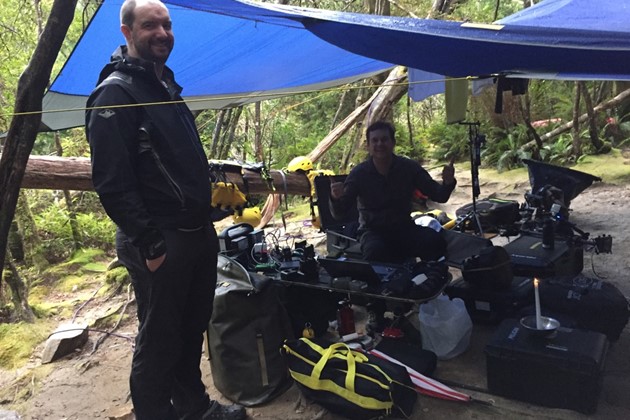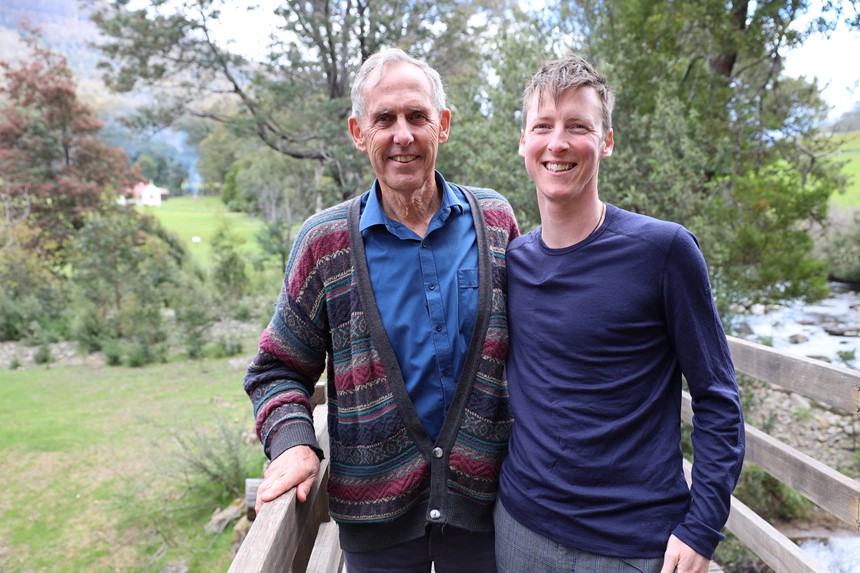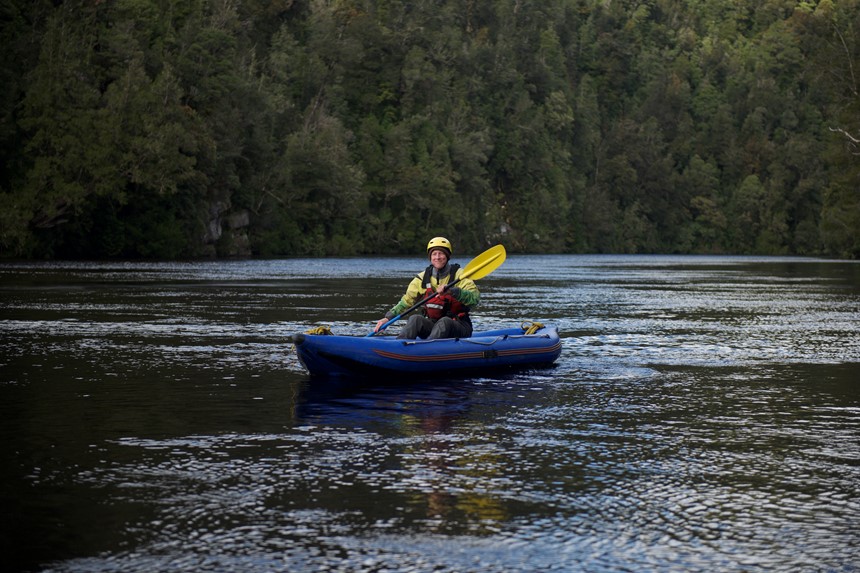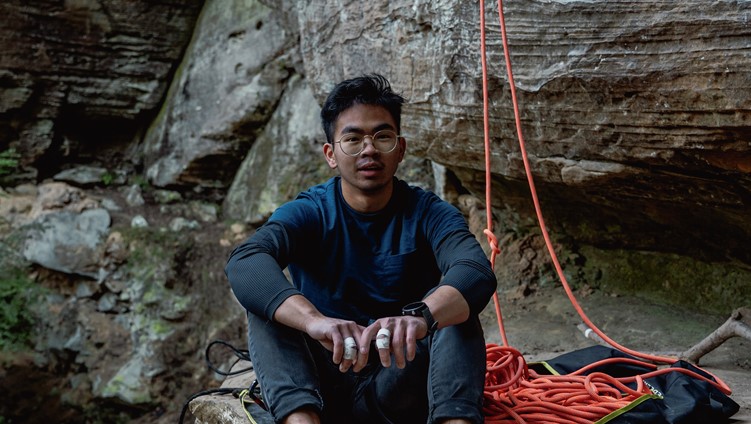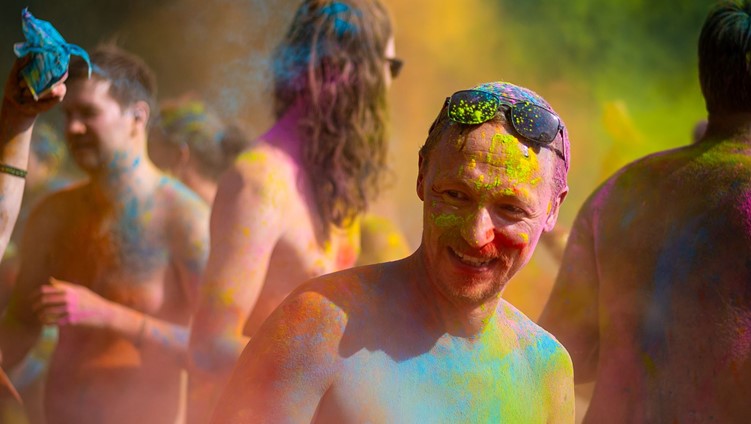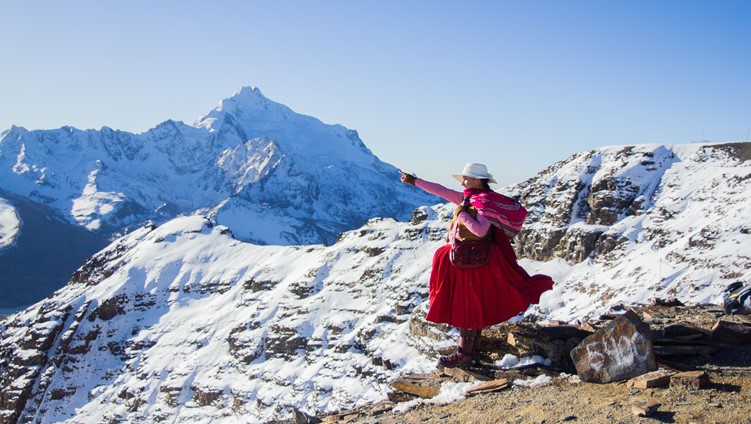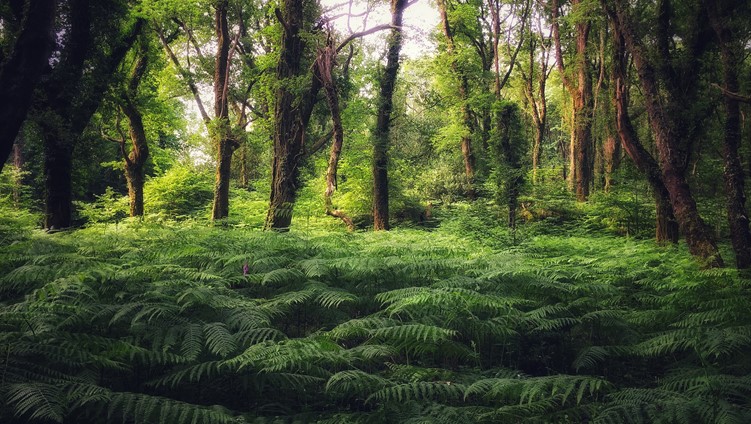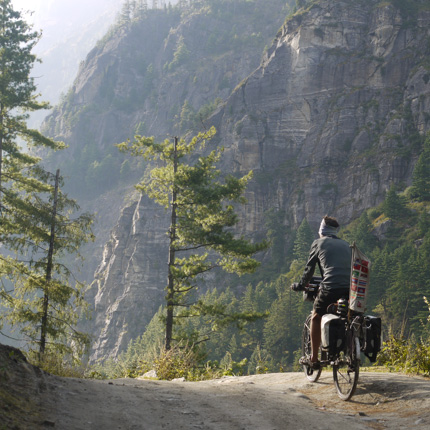Oliver’s biggest challenge, though, came in the form of gender-affirming surgery only a couple of months before embarking. “I was still changing some of my bandaging on the river trip post that massive operation,” he recalls. “I pushed myself too far, I think.” But, he says, “that's how I needed to be the best that I could be on this.”
Oliver’s journey to becoming a trans man is one thread of this story. It enters the film midway through, undramatically - a harbinger of a more understanding time in which films can afford to treat such matters of identity as relevant, rich but not necessarily a defining detail of a person’s adventure.
Although for Oliver this personal journey was integral to the expedition, he wasn’t out at the start of the filming process and had to weigh up whether he should - or even could - delay his transition until after the film was shot. Ultimately, though everybody agreed it didn’t need to be a big deal, it felt relevant to the overarching enquiry about how we can be the best we can be. “Human diversity is the same as biodiversity,” Oliver reflects. “Both are essential for our resilience in the world, and our ability to hold strong communities and create change in the way that we’ve seen as part of the Franklin, whatever it is.”

